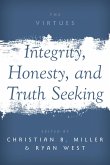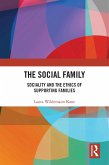Justified Unforgiveness: A Moral Case Against Silence, Neglect, and Forgetfulness corrects the overemphasis on the benefits of forgiveness and shows how unforgiveness is a morally appropriate - and at times morally necessary - response towards unremorseful and unrepentant wrongdoers, grave wrongs brought about by absolute evil, and situations where justice is not served. In advancing an argument for unforgiveness, Jennifer M.S. Ang deals with three dimensions of forgiveness - forgiveness as the letting go of resentment, forgiveness as reparation of damaged moral relations with the community, and forgiveness as letting the past remain in the past. Ang examines these arguments using cases of mass atrocities that are not often discussed in the forgiveness literature, such as the Nanking massacre, the Japanese military comfort women system, and the Khmer Rouge genocide, to reflect on the paradigm example of the Holocaust as absolute evil. These discussions also clarify the relationship between time, forgiveness, and justice- how time can affect the willingness to forgive; how the carrying out of justice over time remains vulnerable to politicization; and how memory of mass atrocities enables victims to let go without forgiving.
Bitte wählen Sie Ihr Anliegen aus.
Rechnungen
Retourenschein anfordern
Bestellstatus
Storno









